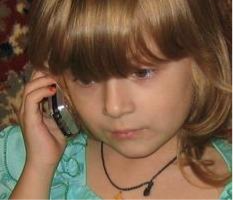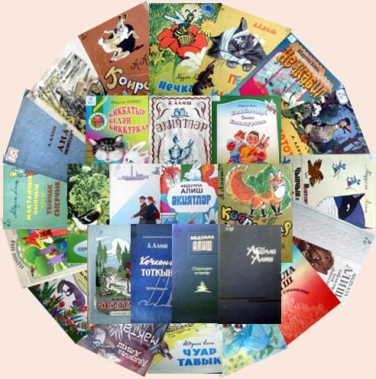Конспект уроку "Моє хобі - читання"
ARE YOU FOND OF READING?
Цілі: формувати навички вживання нових лексичних одиниць; формувати навички володіння непрямою мовою; розвивати мовну здогадку і мовленнєву реакцію учнів; виховувати зацікавленість у розширенні своїх знань.
PROCEDURE
- Warm-up
- Do you like reading?
- Have you got many books at home?
- Do you read much?
- Do you prefer to read English books?
- What famous British and American writers do you know?
- What is your favourite writer (poet)?
- What is your favourite book?
- What did you read last time?
- Speaking
Practice the new vocabulary
true-to-life stories, novels, detective stories, thrillers mysteries, poems, fairy tales, fantasy, love stories, short stories, comics, stories about nature, fables, adventure stories, biographies of famous people.
Example: I like novels…
My mother hates…
My friend enjoys…
My grandmother loves…
- Reading
Mary: Hi, Chris! You asked me to phone you.
What are you doing now?
Chris: Hello, Mary. I've just finished reading two books. They are so different from each other.
Mary: Really? And you enjoyed both of them, didn't you?
Chris: Oh, no! Only one of them. The other one makes unhappy reading. But I won't tell you the story. You may want to read it. Better tell me what you are reading or have read.
Mary: Well, I usually prefer true-to-life stories, but this time I chose something different. I've just finished it.
Chris: An adventure story, eh?
Mary: Yes, and the author has a fine imagination.
He holds your interest right to the end of the book. But you haven't told me anything about the other book you've just finished.
The one you said you enjoyed.
Chris: Well, it is a book you could spend hours with. It's a very funny story. I laughed all the time while I was reading it. And, besides, the author has created very truthful characters.
Mary: Do you think it would interest me?
Chris: I think so. Come with me to the library tomorrow, if you like.
Mary: That's an idea. Besides, my dad asked me to bring a detective for him. By the way, have you
heard of Lilly? She has been ill for the last week, as far as I know.
Chris: Yes, she has. She phoned me yesterday and told us to find some information about Alan Milne. She needs it for the article.
That's why I asked you to phone me. We should go to the library tomorrow.
Mary: Fine! Let's do it right after the lessons. Then we can visit Lilly together.


Finish the sentences:
- Chris asked Mary…
- Chris enjoyed...
- Chris told Mary…
- Chris hopes Mary…
- Chris asks Mary…
- Chris hasn’t heard…
- The girls are going…
- Make up a dialogue, using new vocabulary.
- Last week I finished such an interesting book.
- Was it really so exciting? What is it about?
- It’s a thriller with lots of mysterious things — exactly what I prefer
- Oh, no. I’m not interested in mysteries. As for me, I prefer true-to-life stories with truthful characters.
- You’re so boring. Try something different. Not often you can find a good book which will hold your interest right to the end.
- Well, I’ll try.
- Then let’s drop in on my place on our way home right after school and I’ll give you this book.
- OK.
- Interactive exercise "Interview of an interested reader"
T. Now, dear children, let us:
1. work in groups;
2. choose a speaker of your group;
3. interview some pupils of your group; your task is work together and fill in a questionnaire
about groups reading preferences;
4. look through the interview;
5. present your work.
|
№ |
Reading preferences |
PI |
P2 |
P3 |
P4 |
P5 |
|
1 |
Do you like reading? |
|
|
|
|
|
|
2 |
Do you spend much time reading books |
|
|
|
|
|
|
3 |
Is reading your favourite pastime? |
|
|
|
|
|
|
4 |
How much do you read out of school? |
|
|
|
|
|
|
5 |
What is your favourite writer? |
|
|
|
|
|
|
6 |
Which books would you take with you if you went to live on a desert island? |
|
|
|
|
|
|
7 |
Do you have any books by English or American writers? |
|
|
|
|
|

- Writing a short report
Write a short report of your findings and tell about reading preferences in your group. (Children write a short report). Then some of pupils present their reports.
- Інтерактивна вправа «Мікрофон»
T. Please, take this imaginary microphone and answer the following questions:
1. What new information have you known?
2. What new words have you learnt?
3. What task was difficult for you?
4. What task was easy?
5. What did you like in this lesson?
6. What would you like to read in the near future?
VIII. Homework
The homework is to draw a picture which associated with an Ukrainian poet Taras Shevchenko. It should be a picture association and to learn new words and word combinations.


про публікацію авторської розробки
Додати розробку
